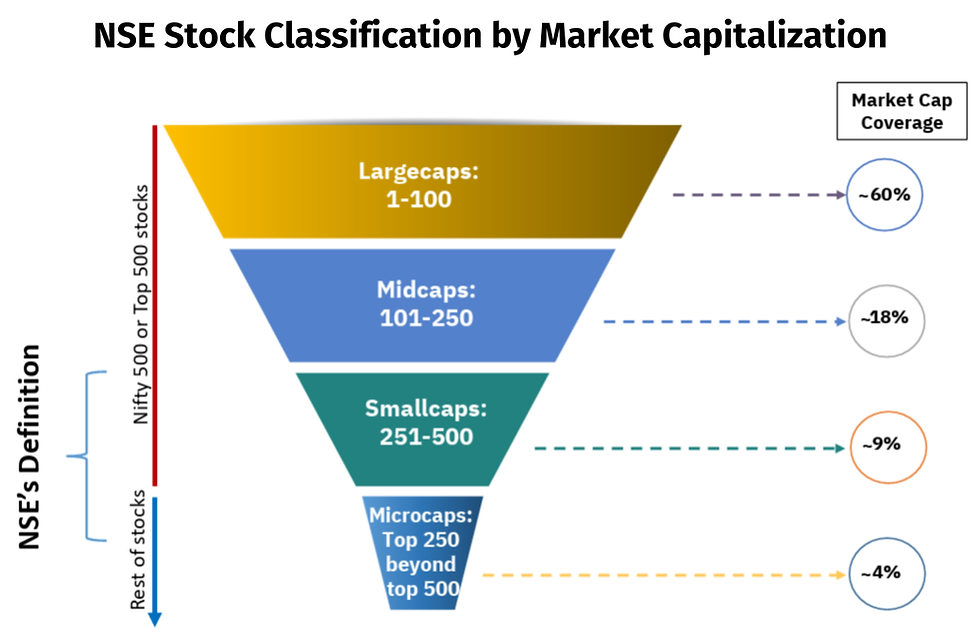Credit Cards For An Emergency Fund : Masterstroke Or Stupidity?
- Akshay Nayak
- Feb 28
- 3 min read
A popular notion among individuals today suggests that credit cards can be used as a substitute for an emergency fund. On the face of it, there is a case to be made for this strategy. Using a credit card allows us to meet the exigency immediately. It is also helpful when available liquid savings are insufficient to meet exigencies. But we must first scratch below the surface and understand the implications of doing this in detail. And today's post will show whether credit cards are a viable alternative to an emergency fund.
Essential Nature Of Both Alternatives
An emergency fund is essentially a stash of liquid money kept aside to meet unexpected expenses. The amount parked as an emergency fund commonly amounts to a certain number of months of living expenses. This means an emergency fund needs to be built over time. Therefore it is not always meant for instant use. Money kept aside as an exigency corpus must be parked in an avenue that :
Is easily convertible to cash
Is not at risk of a drop in value at the time of such conversion
This implies that avenues such as liquid cash and savings bank deposits are ideal for emergency funds.
A credit card on the other hand is a tool that allows instant use. It is an instrument that allows us to purchase a product or service that allows us to purchase a product or service in the present and pay for it later. The credit period granted is commonly 30 to 45 days. Paying beyond the credit period would attract significant rates of interest. The most important aspects of credit cards have been explained in the graphic that follows.

This means credit cards are not a perfect substitute for an adequately sized emergency fund. Yet it does not render credit cards completely irrelevant in terms of meeting emergencies.
When Are Credit Cards Effective Against Emergencies?
There are two main prerequisites for credit cards to be effective against emergencies. Firstly, we must know the exact cost of the emergency event in advance. For example, in case of a medical bill, we would know the exact amount to be paid. Credit cards are meant for instant use. They therefore facilitate short term liquidity. This allows us to meet the cost of the emergency without having to pay for it on the spot.
But this does not negate the need to pay off the credit card bill in full by the end of the credit period. So we must ensure that we have adequate liquid savings available. And this is the second essential prerequisite for credit cards to be used effectively to meet emergencies.
When Are Credit Cards Ineffective Against Emergencies?
There are two major situations where credit cards would be ineffective against emergency events. The first two situations are fairly obvious. Where the exact cost of the emergency event is not known in advance, credit cards become ineffective. When there is a job loss for instance, we cannot tell how long the displacement period will last. This makes the use of credit cards challenging. The actual expenses incurred during the displacement period may go beyond the credit limit of the card.
The second situation is where we use a credit card to pay medical bills without adequate health insurance or liquid savings being available. In such a case the entire bill may have to be paid out of pocket. Using a credit card to pay medical bills without adequate health insurance coverage in place could cause significant financial stress. This is especially true if we do not have adequate liquid savings in place beforehand. The absence of adequate liquid savings could see us fail to pay our credit card bills on time. This would see us rack up significant credit card bills. Not to mention the steep interest costs that come with them. We may even be forced to redeem our long term investments to meet our dues.

The Final Verdict
A credit card is ultimately a tool meant to provide short term liquidity. It therefore cannot be considered a perfect substitute for an adequately sized emergency fund. The use of credit cards to meet exigencies cannot be considered a masterstroke or a stupid decision in and of itself. The timing and circumstances under which credit cards are used to meet exigencies are critical. Using credit cards under the right circumstances renders the decision a masterstroke. When credit cards are used for under the wrong circumstances, the decision becomes a stupid one.



Comments